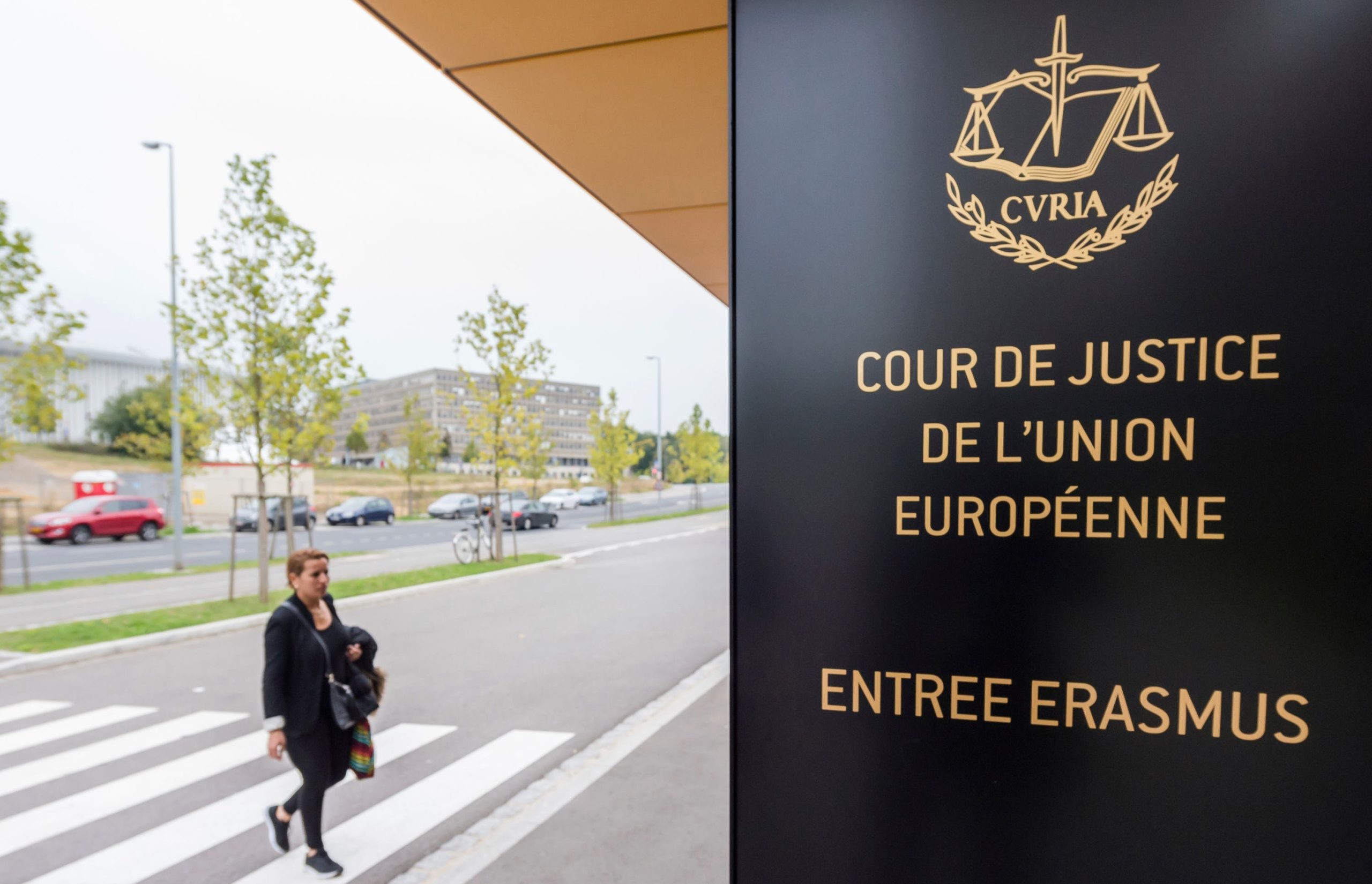Google has to delete search results about people in Europe if they can prove the information is clearly wrong, the European Union’s top court said.
The European Court of Justice ruled search engines must “dereference information” if the person making the request can demonstrate the material is “manifestly inaccurate”.
People in Europe have the right to ask Google and other search engines to delete links to outdated or embarrassing information about themselves, even if it is true, under a principle known as “right to be forgotten”.
Strict data protection rules in the 27-nation bloc give people the right to control what appears when their name is searched online, but the regulations frequently pit data privacy concerns against the public’s right to know.
In the latest case, two managers at a group of investment companies, who were not identified, asked Google to remove search results based on their names which linked to articles criticising the group’s investment model.
They said the articles made false claims.
Google refused because it did not know whether the articles were accurate or not, according to a press summary of the ruling.
The court disagreed, saying if someone submits relevant and sufficient evidence proving the “manifest inaccuracy” of the information, the search engine must grant the request.
Google said it welcomes the decision.
“Since 2014, we’ve worked hard to implement the right to be forgotten in Europe and to strike a sensible balance between people’s rights of access to information and privacy,” the company said in a statement.
“The links and thumbnails in question are not available via the web search and image search anymore; the content at issue has been offline for a long time.”






